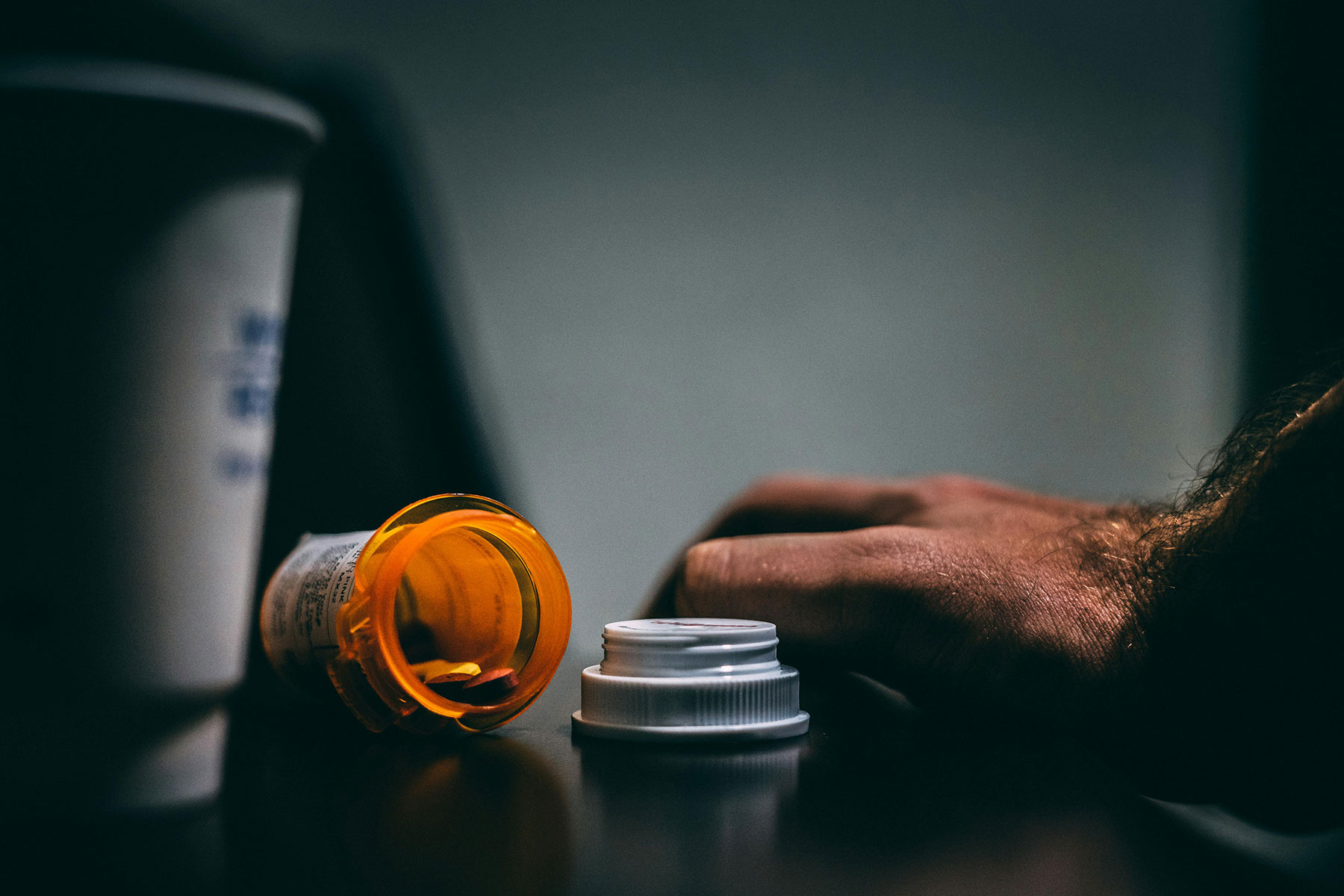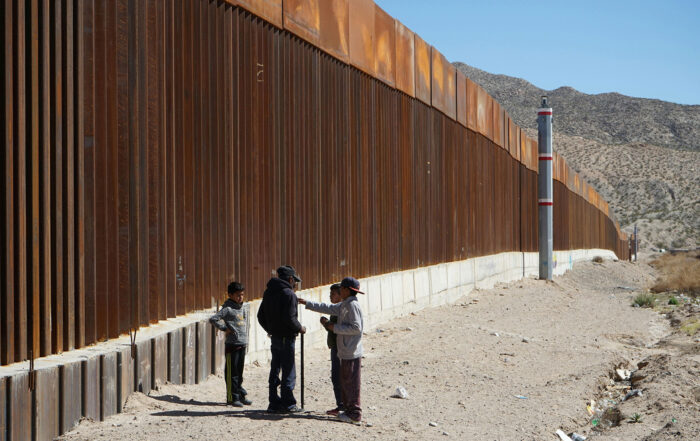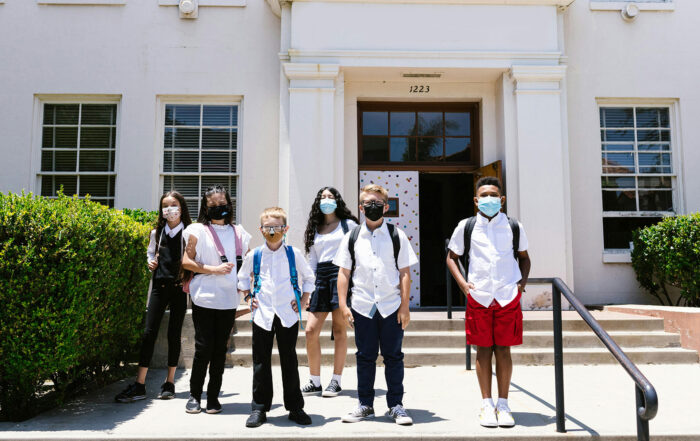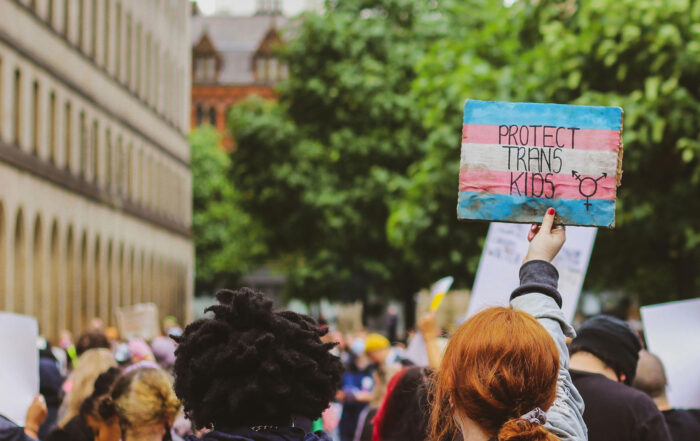
Data from the most recent National Survey of Adolescents and other studies indicate that one in four children and adolescents in the United States experiences at least one potentially traumatic event before the age of 162, and more than 13% of 17-year-olds—one in eight—have experienced posttraumatic stress disorder (PTSD) at some point in their lives.
Most, if not all, of these young people also have access to a wide range of psychoactive substances that can both dull the effects of stress and place teens at increased risk of experiencing trauma. It is estimated that 29% of adolescents–nearly one in three–have experimented with illegal drugs by the time they complete 8th grade, and 41% have consumed alcohol.4 For many adolescents, such early experimentation eventually progresses to abuse of—or dependence on—illicit drugs or alcohol. Every year, approximately one in five American adolescents between the ages of 12 and 17 engages in abusive/dependent or problematic use of illicit drugs or alcohol.
Share This Post!
Helping immigrant children heal
Twenty years ago, Hami Torres fled Mexico at age 13, her 11-year-old brother in tow. Terrified, they trekked for hours with a group of older strangers through desert scrub that slashed Hami's [...]
What is test anxiety and how can we support students when they experience it?
As the first day of school approaches, parents and children gather their backpacks as educators finalize lesson plans and ready their classrooms. The new school year offers a fresh start for students [...]
Managing stress during the COVID-19 pandemic
While we are all focusing on taking care of our physical health as the outbreak of COVID-19 develops, it’s also important to keep our mental health a priority. When there is a [...]
Integrating parents with trauma histories into child trauma treatment: Establishing core components.
To identify core components of parent/caregiver integration into evidence based child trauma treatment models, specifically those parents/caregivers who have experienced trauma themselves. The Parent/Caregiver Trauma and Healing Coordinating Group (PCTHCG) of the [...]
‘All Kinds Of Trauma’: Students Are Returning To School, But Are We Ready To Help Them Cope?
Rosalinda Guzman was inside a bathroom stall at school when something begged for attention. It was on the door, where the school posts announcements. “That little tiny piece of paper was just [...]
Identifying the Intersection of Trauma and Sexual Orientation and Gender Identity: Part I: Key Considerations
WHY ASK ABOUT SEXUAL ORIENTATION AND GENDER IDENTITY? There is a growing body of evidence showing that Lesbian, Gay, Bisexual, Transgender, and Queer/Questioning (LGBTQ+) youth suffer from potentially traumatic events (PTEs) at [...]







